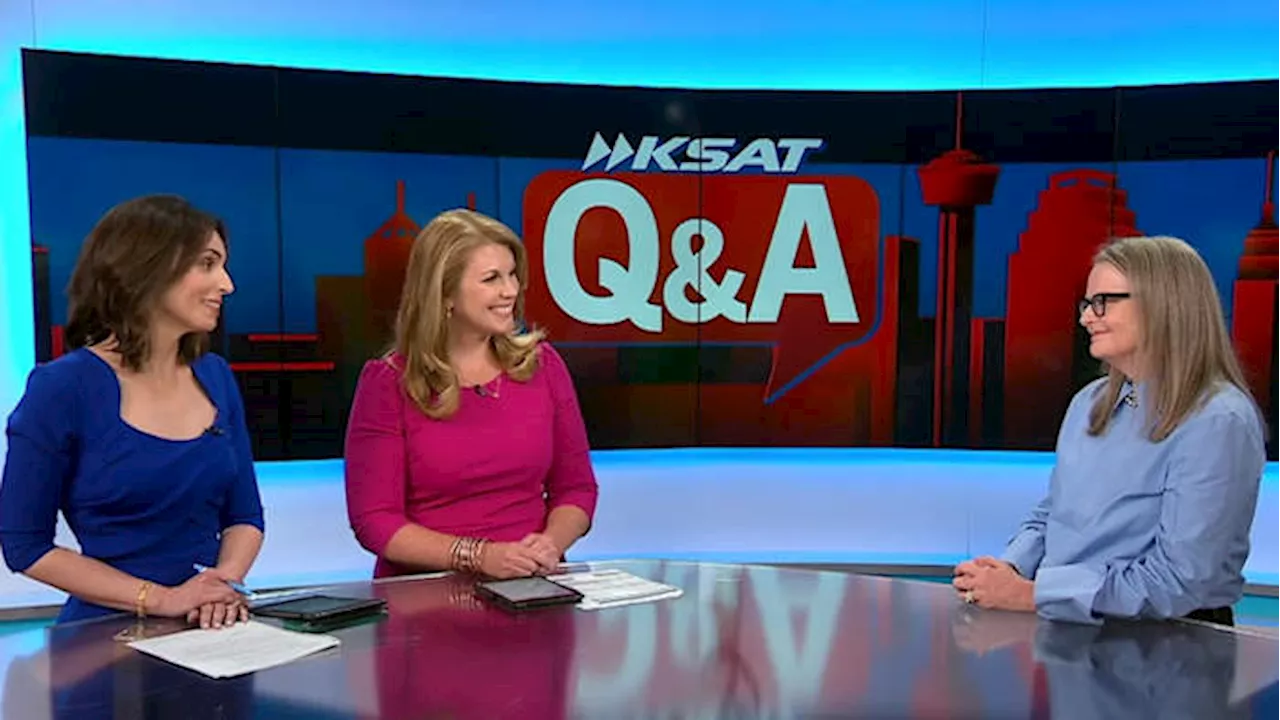Research conducted by the University of Michigan has found that the use of ChatGPT can significantly enhance students’ grades while simultaneously reducing the mental effort required for academic tasks. This finding raises important questions about the implications of relying on artificial intelligence in educational settings, particularly concerning cognitive engagement and the depth of learning.
The study, published in the Educational Research Journal in March 2024, involved a diverse group of students who utilized ChatGPT for various academic assignments. Results indicated that those who engaged with the AI tool achieved higher grades compared to their peers who relied solely on traditional study methods. Specifically, the data revealed that students using ChatGPT improved their scores by an average of 15% across multiple subjects.
While the improved academic performance is noteworthy, researchers expressed concern over the potential trade-off in critical thinking skills. As students lean on AI for assistance, the cognitive engagement necessary for deep learning may be compromised. Researchers argue that this reliance could foster a superficial understanding of subjects, limiting students’ ability to analyze and synthesize information independently.
Professor of Cognitive Science at the University of Michigan, Dr. Sarah Thompson, who led the study, emphasized the dual-edged nature of AI in education. “ChatGPT can serve as a powerful tool for enhancing grades, but it is essential to consider whether this convenience comes at the cost of genuine learning and intellectual growth,” she stated.
The implications of this research extend beyond individual student performance. Educational institutions may need to rethink their strategies and policies regarding technology in the classroom. Incorporating AI tools like ChatGPT could become a standard practice, but it is crucial to develop guidelines that encourage students to engage critically with their studies rather than rely on technology to do the thinking for them.
In light of these findings, educators are urged to strike a balance between leveraging AI for academic support and fostering an environment that promotes critical thinking. This may include integrating assignments that require students to reflect on their learning processes and encouraging discussions about the ethical use of AI tools in education.
As the conversation around AI in education evolves, stakeholders must remain vigilant about the potential consequences of these technologies. The future of learning may depend not only on how effectively students can leverage AI but also on how well they can maintain their cognitive engagement and critical thinking skills.
Ultimately, while tools like ChatGPT can enhance academic performance, the challenge lies in ensuring they complement, rather than replace, the essential processes of learning and intellectual development. The findings from the University of Michigan serve as a timely reminder that technology should augment education, not diminish its core values.







































































